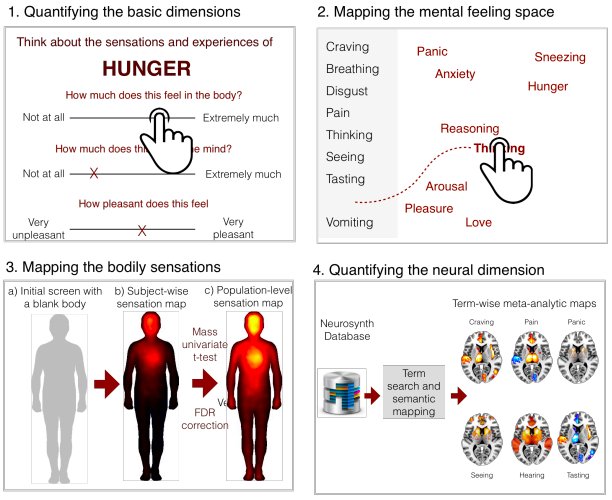Brainhack Global 18 in Finland has just started with prof. Em Riitta Hari @aivoAALTO talking about the unsolved questions in neuroscience #bhg18 #bhg18fi
"how good are your data?" often theory comes before data (e.g. physics) and many labs do same experiment and results are combined #bhg18 #bhg18fi
"Standard lab animal models were chosen because they were easy to breed" Yartsev science 2007
Paper here (2017) science.sciencemag.org/content/358/63…
(live streaming of #bhg18 #bhg18fi here
)
External Tweet loading...
If nothing shows, it may have been deleted
by @abc_aalto view original on Twitter
RH "During evolution we got multiple simplifying priors: circadian rhythms, gravity, etc" #bhg18 #bhg18fi
Because of our priors we are subject to (visual) illusions, mechanics are imprinted in our brains. #bhg18 #bhg18fi
"Connections in the brain are reciprocal between areas and levels and almost always bidirectional" #bhg18 #bhg18fi
RH "we are good at aiming at something (motor action); selecting the proper motor action requires control" (as in feedback/feedforward I add)
(side note, check the stream @aivoAALTO 's toe writing skill is actually quite good!)
"Body and behaviour: only in fairytails the mind is independent from the body" (The Smiths: "does the body rule the mind or does the mind rule the body? I don't know") [that was my personal addition]
RH: "Complexity vs simplexity" people always say "the brain is the most complex devise in the world" "there are extremely complicated things, not just the brain" #bhg18 #bhg18fi
"To cope with environmental complexity, human and animal brains rely on simplifying principles that allow adaptive behaviour" Alain Berthoz Simplexity #bhg18 #bhg18fi
"Even in fMRI they are emphasizing the importance of time with Dynome cell.com/neuron/fulltex… and Chronnectome sciencedirect.com/science/articl…) #bhg18 #bhg18fi
RH take home messages:
1) functional principles
2) reciprocal connections
3) inhibition
4) body and behav
5) complexity and simplexity
6) timing
#bhg18 #bhg18fi
1) functional principles
2) reciprocal connections
3) inhibition
4) body and behav
5) complexity and simplexity
6) timing
#bhg18 #bhg18fi
unroll
• • •
Missing some Tweet in this thread? You can try to
force a refresh








